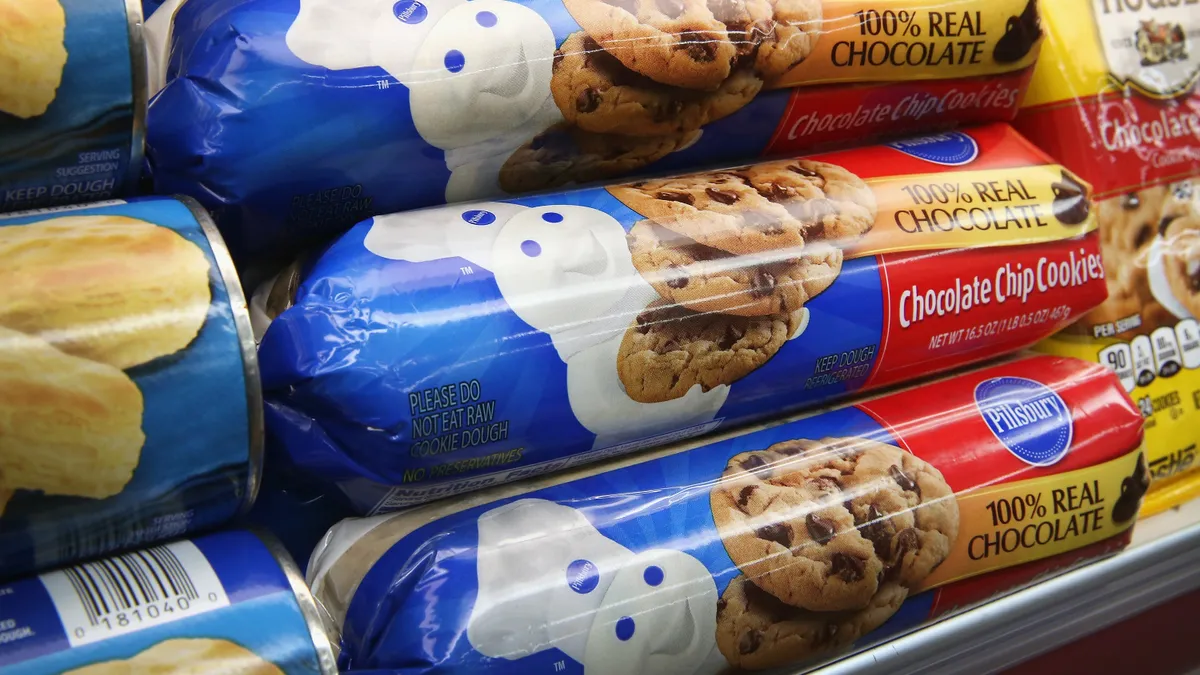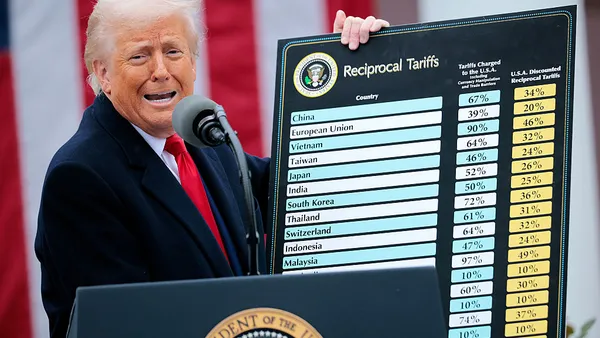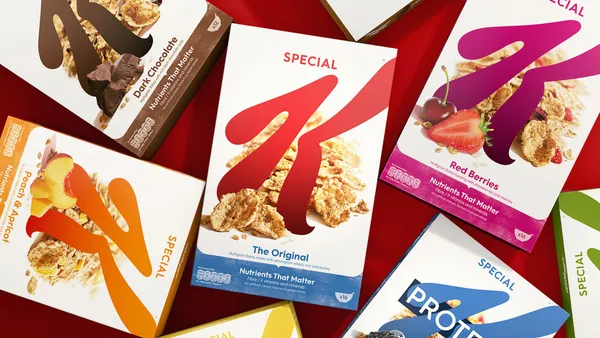Dive Brief:
- General Mills is broadening its efforts to detect misinformation online amid heightened concerns around the impact of generative artificial intelligence (AI), according to news shared with Marketing Dive.
- The packaged foods marketer and agency partner Mindshare have been testing Zefr’s AI-powered Atrium and are now looking to use it on more campaigns. The engine is positioned as more sophisticated than typically text-based brand safety solutions, factoring in audio and frame-by-frame video analysis, along with a scaled human review and moderation process.
- Zefr focuses on platforms like TikTok, YouTube and Meta Platforms, indicating the areas where General Mills could be on higher alert for misinformation. The downsides of generative AI have come into focus as more users and brands adopt the nascent technology, though excitement over the sector has yet to cool.
Dive Insight:
General Mills is putting up more safeguards as generative AI takes the internet by storm and raises serious questions around media ethics and accuracy.
Generative AI software like OpenAI’s ChatGPT and DALL-E have been praised for their ability to quickly create life-like conversations and images and attracted serious brand buy-in. But as the technology is trained on new information over time, discerning what’s real from fabricated could be more of a challenge, as evidenced by recent controversies over AI-generated articles and viral images. That’s a problem for corporations that have already struggled to ensure brand safety and suitability during a period where “fake news” is common parlance.
“With the era of AI bringing more complex challenges to the media landscape, we are maintaining our high standards by investing in technical solutions that drive positive and lasting industrywide change at scale,” said Doug Martin, chief brand and disruptive growth officer at General Mills, in a press statement. Martin, a company vet, was promoted to the expanded role in late 2021 after previously serving as General Mill’s disruptive growth officer.
General Mills and Mindshare first piloted Zefr’s Atrium product with a Yoplait campaign in January, and are planning to roll out the integration across more brands in the marketer’s portfolio this month. A partnership with Zefr dates back to 2015, when the firm was tapped for its brand safety and contextual targeting technology.
Zefr promotes itself as a brand suitability provider on scaled walled garden platforms like YouTube and TikTok, underpinning how the misinformation fight has extended to more complex channels like video and audio that can be harder to analyze than text. Zefr adheres to the Global Alliance of Responsible Media Framework for Brand Safety and Suitability.
Along with a human-assisted review process, Atrium touts integrations with over 50 global fact-checking organizations. That helps train its engine to identify and label red-flag topics like conspiracy theories, pseudo-science and divisive political discourse at a fast pace, the announcement said.















